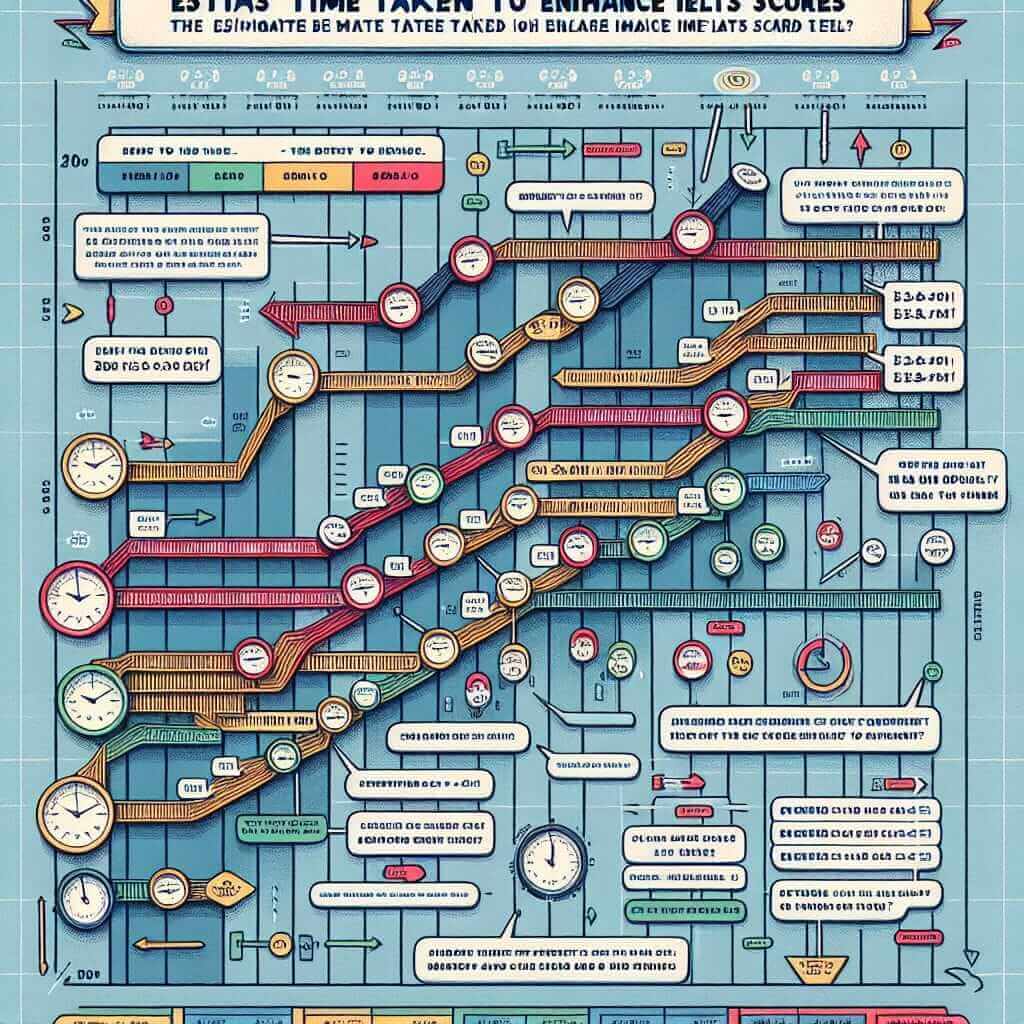As an IELTS instructor with over 20 years of experience, I often encounter this question: “How long does it take to improve my IELTS score?”. While there’s no one-size-fits-all answer, I can offer insights based on my experience and understanding of the IELTS exam.
Factors Influencing Your IELTS Improvement Timeline
Several key factors influence how quickly you can improve your IELTS score:
1. Your Current English Proficiency Level
Your starting point significantly impacts your improvement journey. A beginner naturally takes longer to reach a band 7 than someone already comfortable with English grammar and vocabulary.
2. Desired Score Increase
Moving from a band 5 to a 6 requires a different level of effort than jumping from a 7 to an 8. Higher band scores demand greater precision, fluency, and a wider range of vocabulary and grammatical structures.
3. Learning Style and Strategies
Some learners thrive on structured courses, while others excel with self-study. The effectiveness of your chosen learning methods, resources, and study habits will impact your progress.
4. Time Commitment and Consistency
Consistent effort is key. Dedicate specific time slots for IELTS preparation and stick to them. Even short, focused study sessions can yield better results than sporadic cramming.
5. Motivation and Mindset
Believe in your ability to improve! Maintaining a positive attitude and staying motivated throughout the process will fuel your progress.
Realistic Expectations and Timeframes
Based on my observations, here’s a general guideline:
- Improving by 0.5 band: This might take 3-6 months with focused effort and consistent practice.
- Improving by 1 band: Expect 6-12 months of dedicated study, depending on your current level and desired score.
- Improving by 1.5 bands or more: This usually requires 12 months or more of intensive preparation and immersion.

Tips for Accelerating Your IELTS Progress
- Identify your strengths and weaknesses: Focus your efforts on areas that need the most improvement.
- Immerse yourself in the language: Engage with English daily through reading, listening, speaking, and writing.
- Practice regularly with past papers: Familiarize yourself with the test format and question types.
- Seek feedback from experienced teachers: Obtain personalized guidance on areas for improvement.
- Stay motivated and track your progress: Celebrate small victories and adjust your study plan as needed.
Example from IELTS Speaking:
Let’s imagine you struggle with fluency in the Speaking test. To improve, you could:
- Record yourself speaking: This helps identify areas where you hesitate or repeat yourself.
- Practice speaking on various IELTS topics: Become comfortable discussing a wide range of subjects.
- Work with a language partner: Engage in regular conversations to build confidence and fluency.
Conclusion
Remember, there’s no magic formula for quickly improving your IELTS score. Success hinges on dedication, consistent effort, and effective strategies. By understanding the factors involved and following the tips outlined above, you can enhance your learning journey and achieve your desired IELTS score within a realistic timeframe.